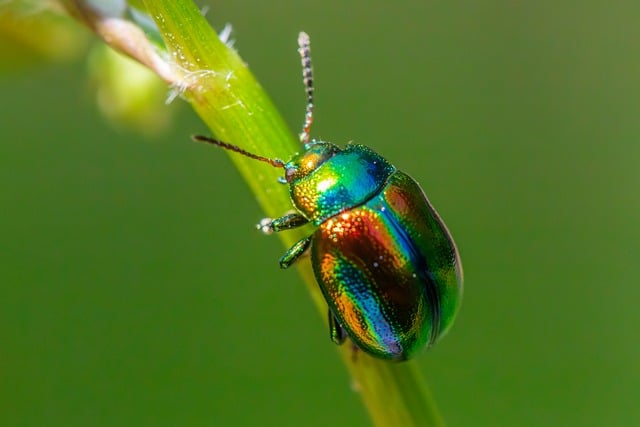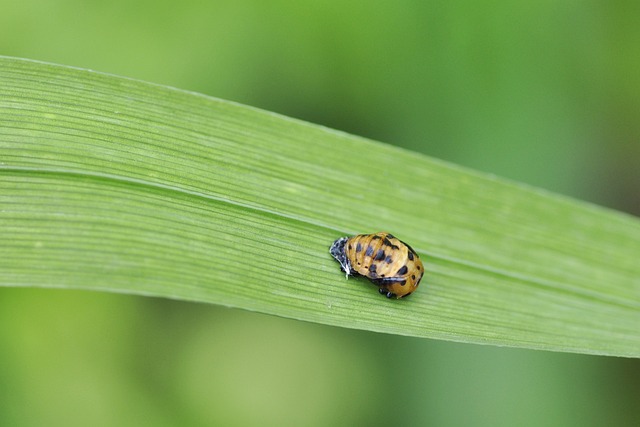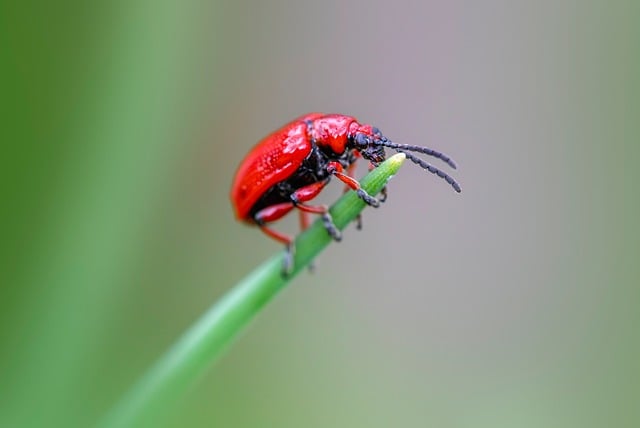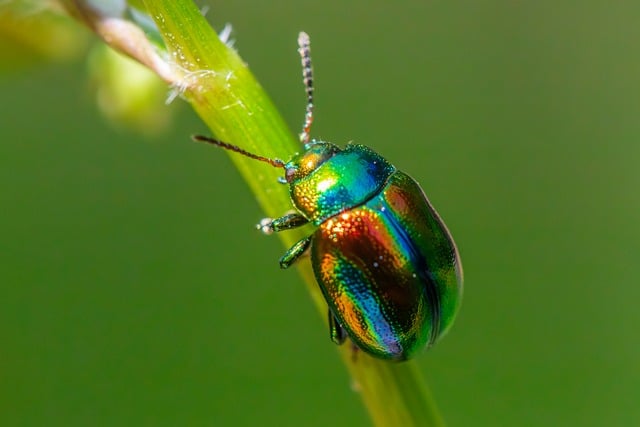Castle Rock communities embrace sustainable pest management for vegetable gardens through Integrated Pest Management (IPM) practices, reducing chemical pesticides and fostering a balanced ecosystem. Methods include crop rotation, companion planting, organic pesticides, physical barriers, and meticulous monitoring to maintain garden health while contributing to a more sustainable food system.
Integrated Pest Management (IPM) offers a sustainable and effective approach to pest control, especially for vegetable gardens in Castle Rock. This article delves into the core principles of IPM, providing practical tips for home gardeners looking to cultivate a healthy harvest without harmful chemicals. We explore how local communities in Castle Rock can adopt these practices, contributing to a greener environment while ensuring robust and organic produce. Discover sustainable pest management strategies tailored for Castle Rock’s vegetable gardens.
- Understanding Integrated Pest Management (IPM) Principles
- Sustainable Practices for Vegetable Gardens at Home
- Implementing IPM in Castle Rock Communities
Understanding Integrated Pest Management (IPM) Principles

Only Bedate, In Structure, Trade, This Method, Standard, Root, Ahab Process High Beded, Set / *
Sustainable Practices for Vegetable Gardens at Home

In Castle Rock, sustainable pest management for vegetable gardens is a growing trend among local farmers and home gardeners alike. By adopting integrated pest management (IPM) practices, homeowners can reduce their environmental impact while effectively controlling pests. IPM focuses on a combination of strategies, including cultural, biological, and chemical methods, to create a balanced ecosystem that minimizes the need for synthetic pesticides.
One key aspect of sustainable pest management is crop rotation, where gardeners plant different vegetables in a specific order each year to disrupt pest life cycles. Companion planting, which involves selecting plants that naturally repel pests or encourage beneficial insects, is another effective method. Additionally, using organic pesticides and insecticidal soaps, along with physical barriers like row covers, helps control pests while maintaining the health of the garden ecosystem. These practices not only protect vegetables in Castle Rock gardens but also contribute to a healthier, more vibrant local food landscape.
Implementing IPM in Castle Rock Communities

Castle Rock communities are embracing sustainable pest management, particularly for vegetable gardens. Integrated Pest Management (IPM) offers a holistic approach that combines various strategies to control pests naturally, minimizing reliance on chemical pesticides. This method is ideal for home gardeners and local farms aiming to protect crops while maintaining environmental health.
Implementing IPM involves monitoring plants for pest activity, using beneficial insects and predators, implementing cultural practices like crop rotation and sanitation, and applying targeted, least-toxic pesticides when necessary. By adopting these strategies, Castle Rock residents can ensure healthy vegetable gardens and contribute to a more sustainable food system.
Integrated Pest Management (IPM) offers a sustainable approach to pest control, especially for vegetable gardens in Castle Rock. By understanding and applying IPM principles, homeowners can reduce reliance on chemical pesticides while maintaining healthy crops. The practices discussed here provide an effective framework for managing pests naturally, ensuring both environmental protection and bountiful vegetable harvests in Castle Rock communities. Adopting sustainable pest management techniques empowers folks to take control of their gardens and contribute to a greener future.
